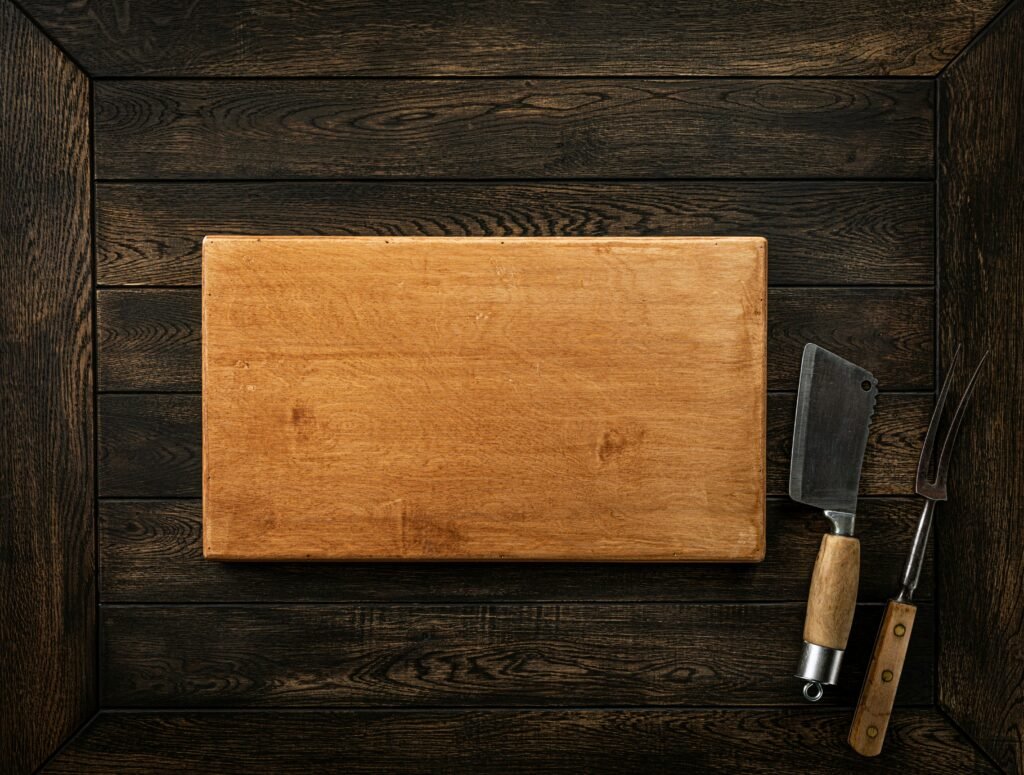Dark chocolate is recognized for its health benefits: it contains antioxidants, essential minerals and can even improve your mood. However, despite its virtues, it is not the best ally before going to sleep. The reason? It contains caffeine, something that many people do not know. It interferes with the quality of sleep.
🍫 Dark chocolate and caffeine: a combination to keep in mind.
Unlike milk chocolate, dark chocolate has a much higher percentage of cocoa, and with it, the amount of caffeine also increases. The higher the cocoa content (e.g. 70%, 85% or more), the higher the concentration of this stimulating substance.
Although the exact content varies by brand and cocoa percentage, one ounce (28 grams) of 70-85% dark chocolate can contain between 20 and 30 mg of caffeine, which is equivalent to a small cup of tea or one-third of a cup of coffee. It may not seem like much, but if you are sensitive to caffeine or take it close to bedtime, it can have significant effects.
🧠 What effects can it cause at night?
Caffeine is a central nervous system stimulant. Its consumption can:
- Increasing alertness
- Delaying sleep onset
- Reduced quality of deep sleep (restorative phase)
- Increasing the likelihood of nighttime awakenings
In addition to caffeine, dark chocolate also contains theobromine, another stimulant that acts more gently but with more prolonged effects, contributing to insomnia or light sleep.
😴 What happens if you take it at night?
Many people don’t associate an ounce of chocolate with sleep problems, but if you consume dark chocolate after dinner or as a nighttime dessert, you could be altering your sleep cycle without realizing it. Even if you do manage to sleep, you may find that you don’t get the same amount of rest or wake up more tired.
This is especially relevant in people sensitive to caffeine, children, adolescents or those who already have difficulty falling asleep.
✅ What to do if you like chocolate at night?
- Opt for milk chocolate (although it has more sugar and fewer antioxidants, it contains much less caffeine).
- Choose white chocolate versions (they contain no solid cocoa, so no caffeine).
- Consume dark chocolate in the morning or after eating.
- Read labels: some chocolates indicate caffeine content.
- If you have trouble sleeping, avoid any stimulants at least 4-6 hours before bedtime.
Conclusion
Although dark chocolate is a healthy food when consumed in moderation, its caffeine and theobromine content makes it a poor choice at night. If you want to take care of your sleep, it is better to leave the pleasure of dark chocolate for the day. This way you will enjoy its benefits… without sacrificing your rest.


